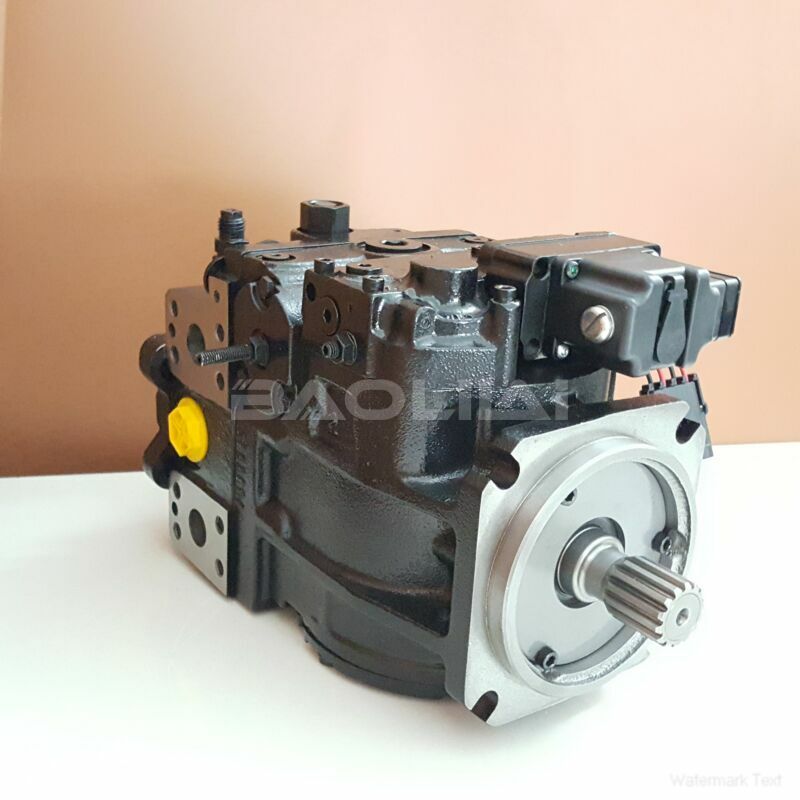90L075MA1NN60L4C6D04GBA353524 high pressure pump
90L075MA1NN60L4C6D04GBA353524 high pressure pump

- Product Details
- Applicable Scene
In the world of industrial machinery, efficiency plays a paramount role, particularly in crane hoisting and material handling operations. Hydraulic oil pumps have emerged as a critical component in enhancing this efficiency. By converting mechanical energy into hydraulic energy, these pumps facilitate the smooth, controlled movement of heavy loads, making them indispensable in various construction, warehousing, and logistics settings.
90-L-075-MA-1-NN-60-L-4-C6-D-04-GBA-35-35-24
90L075MA1NN60L4C6D04GBA353524
One of the primary advantages of hydraulic oil pumps is their ability to generate high force with relatively small physical dimensions. This characteristic is particularly beneficial in crane operations, where heavy lifting is often required. Hydraulic systems can easily handle substantial weights, enabling cranes to lift and lower loads with precision. This capability not only allows for the safe handling of materials but also minimizes the risk of accidents and equipment damage, which can lead to costly downtime.

83004915
Moreover, hydraulic oil pumps offer remarkable responsiveness. The use of hydraulic systems allows for fine-tuned control over lifting speeds and movements. Operators can adjust the flow of hydraulic fluid to the pump, resulting in precise lifting and lowering actions. This adaptability is essential when dealing with different types of materials or complex lifting scenarios. The ability to control speed and force ensures that materials are handled gently, reducing the risk of breakage or spillage, which is crucial in industries dealing with fragile or hazardous materials.
Efficiency is further enhanced by the energy-saving capabilities of hydraulic systems. Traditional mechanical hoisting systems often require significant amounts of energy to operate, which can lead to increased operational costs. In contrast, hydraulic oil pumps can achieve similar outcomes with less energy consumption. This is largely due to the efficiency of hydraulic fluid transmission, which minimizes energy losses that are common in other types of systems. As a result, companies can reduce their energy expenses while maintaining high performance standards in material handling.





